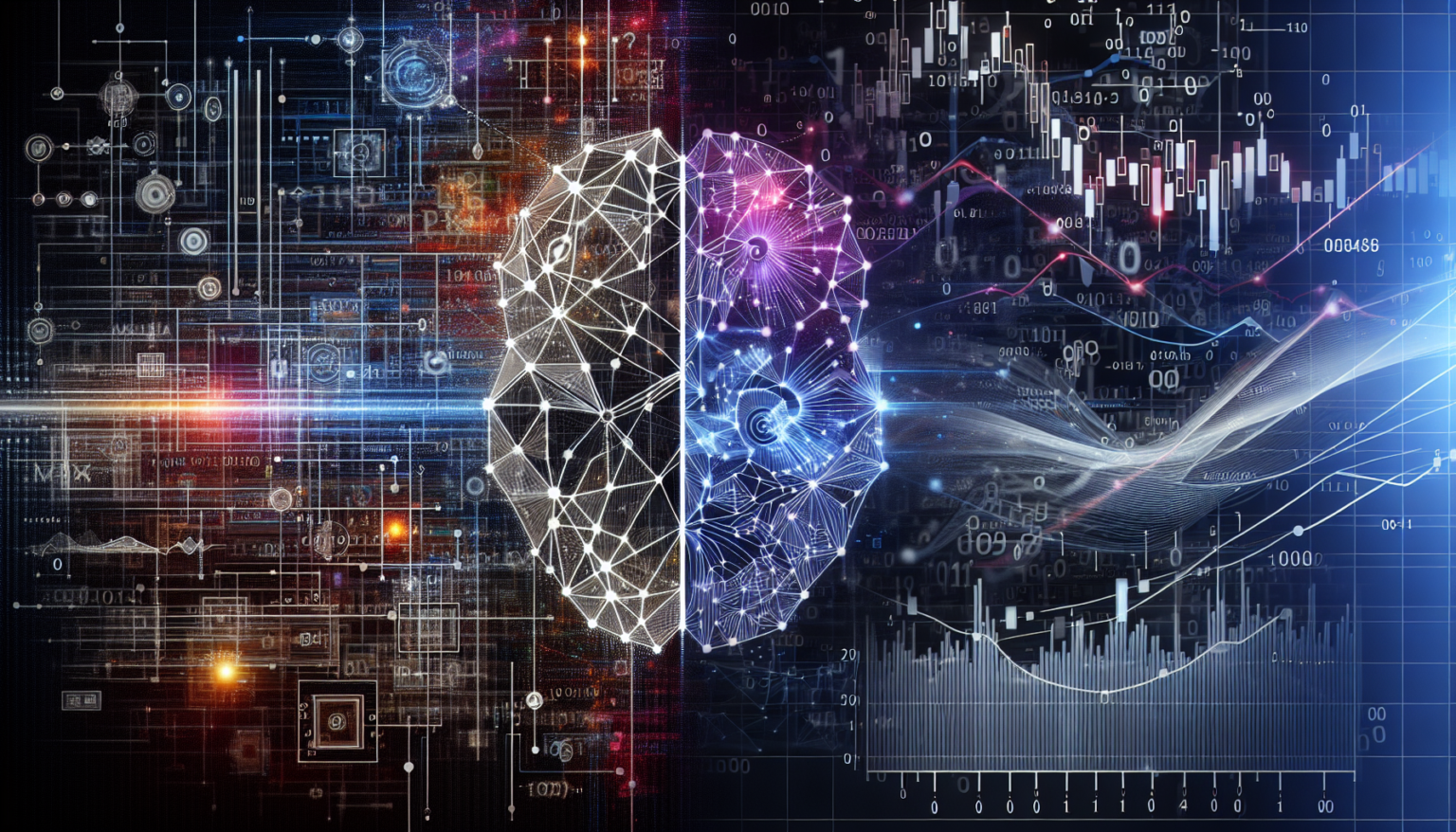The Concept of Behavioral Finance
Understanding Behavioral Finance
Behavioral finance is a field that seeks to explain how psychological influences and cognitive biases affect the financial behaviors of individuals and institutions. Unlike traditional finance, which assumes that all agents are rational and markets are efficient, behavioral finance recognizes that emotions and cognitive errors can lead to irrational decision-making. For instance, investors may hold onto losing stocks due to loss aversion or overreact to news, causing market bubbles.
Key Psychological Biases
Several cognitive biases play a crucial role in trading behavior:
Overconfidence
Many traders overestimate their knowledge and predictive abilities, believing they can outperform the market consistently. This overconfidence often leads to excessive trading and risk-taking.
Herd Behavior
Herd behavior occurs when individuals follow the majority in buying or selling assets, often ignoring their analysis. This can result in market trends that do not reflect the underlying value of assets.
Anchoring
Anchoring is a cognitive bias where traders latch onto specific numbers or trends, which can skew their judgment in future decisions. For example, an investor might hold on to a stock that has significantly dropped in value because they are anchored to its previous price.
The Role of Artificial Intelligence in Trading
What is Artificial Intelligence?
Artificial Intelligence (AI) refers to the simulation of human intelligence processes by machines, particularly computer systems. In the context of finance, AI encompasses algorithms that can analyze vast amounts of data, identify patterns, and even predict future market movements.
Applications of AI in Trading
AI technologies are employed in various aspects of trading:
Algorithmic Trading
Algorithmic trading utilizes computer algorithms to execute trades at high speeds and frequencies, allowing traders to capitalize on minute price disparities that human traders might miss. The algorithms can be based on historical data, technical indicators, and other market signals.
Sentiment Analysis
Sentiment analysis leverages natural language processing (NLP) to gauge the mood behind news articles, social media posts, and financial reports. By assessing public sentiment, traders can make more informed decisions about upcoming market trends.
Predictive Analytics
AI models can analyze historical data to identify patterns and predict future price movements. These predictive models can greatly enhance a trader’s decision-making process, as they provide insights that might not be evident through traditional analysis.
The Intersection of AI and Behavioral Finance
Combining Insights for Better Decision-Making
The intersection of AI and behavioral finance presents a promising avenue for improving trading strategies. By integrating AI’s data-processing capabilities with an understanding of behavioral tendencies, traders can develop systems that counteract irrational decision-making.
AI-Driven Behavioral Analysis
AI can analyze trading patterns to detect underlying behavioral biases across a broad spectrum of traders. For example, it can identify when overconfidence is leading to excessive trading in a particular stock or when herd behavior is driving prices away from intrinsic values.
Adaptive Trading Systems
Traders can employ adaptive trading systems powered by AI that adjust their strategies based on real-time data and behavioral analysis. If a trader’s risk profile indicates they are prone to loss aversion, the system can recommend a more balanced approach to risk management.
Behavioral Risk Assessment
AI can help in assessing behavioral risk by flagging potential biases in trading decisions. For instance, if an investor consistently makes poor decisions during periods of high market volatility, AI can alert them, providing insights into their behavioral patterns that they may not have been aware of.
Challenges and Limitations
Data Quality and Bias in AI Models
Despite the promise of AI, the effectiveness of these technologies is heavily reliant on the quality of data fed into the systems. Poor data quality can lead to biased model predictions, which, in turn, can reinforce irrational market behaviors.
Operational Risks
Integrating AI into trading operations introduces various operational risks, particularly related to algorithm failures or market anomalies. For example, a malfunctioning algorithm might trigger an unprecedented sell-off, leading to excess volatility.
Regulatory Concerns
The use of AI in finance is subject to regulatory scrutiny. Authorities are keen on ensuring that these technologies do not exacerbate market instability or contribute to unethical trading practices. Traders must navigate these regulatory environments while making use of AI tools.
The Future of AI and Behavioral Finance in Trading
Trends to Watch
As AI continues to evolve, the integration of behavioral finance concepts will also advance. Here are a few trends to keep an eye on:
Enhanced Predictive Models
Future AI systems are likely to develop even more sophisticated predictive models that incorporate behavioral signals. These models could significantly improve forecasting accuracy, allowing traders to optimize their strategies.
Personalized Trading Experiences
As AI becomes more adept at understanding individual trader behavior, we can expect more personalized trading experiences. This could involve tailored advice that considers an individual’s unique biases and risk tolerance.
Ethical AI in Finance
Ensuring that AI remains ethical in its application within finance will be paramount. The collaboration between behavioral finance experts and AI developers will be essential in shaping transparent and fair trading practices.
Conclusion: Embracing Change
While the intersection of AI and behavioral finance presents challenges, it also offers exciting opportunities for traders. By understanding and leveraging these technologies, traders can become more adaptive and informed, counteracting cognitive biases and making more rational decisions in a dynamic market environment.








